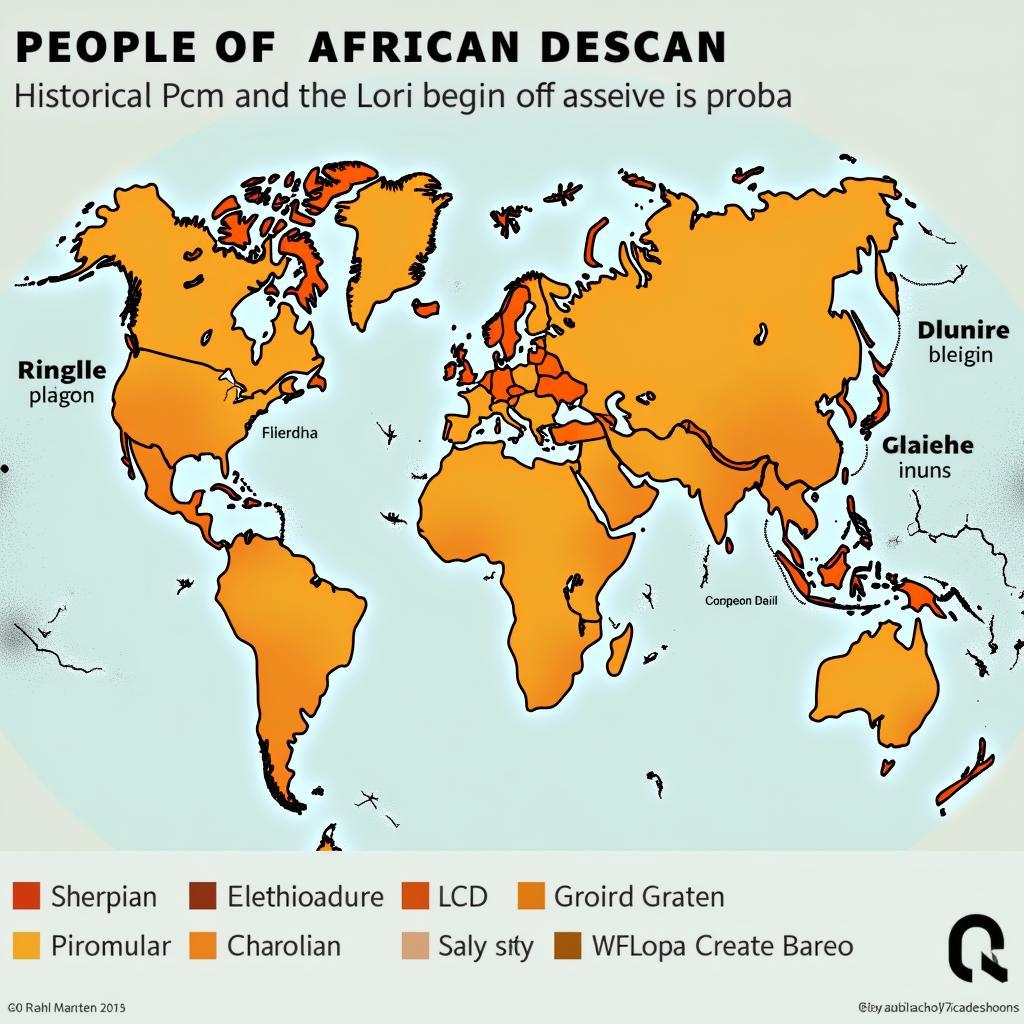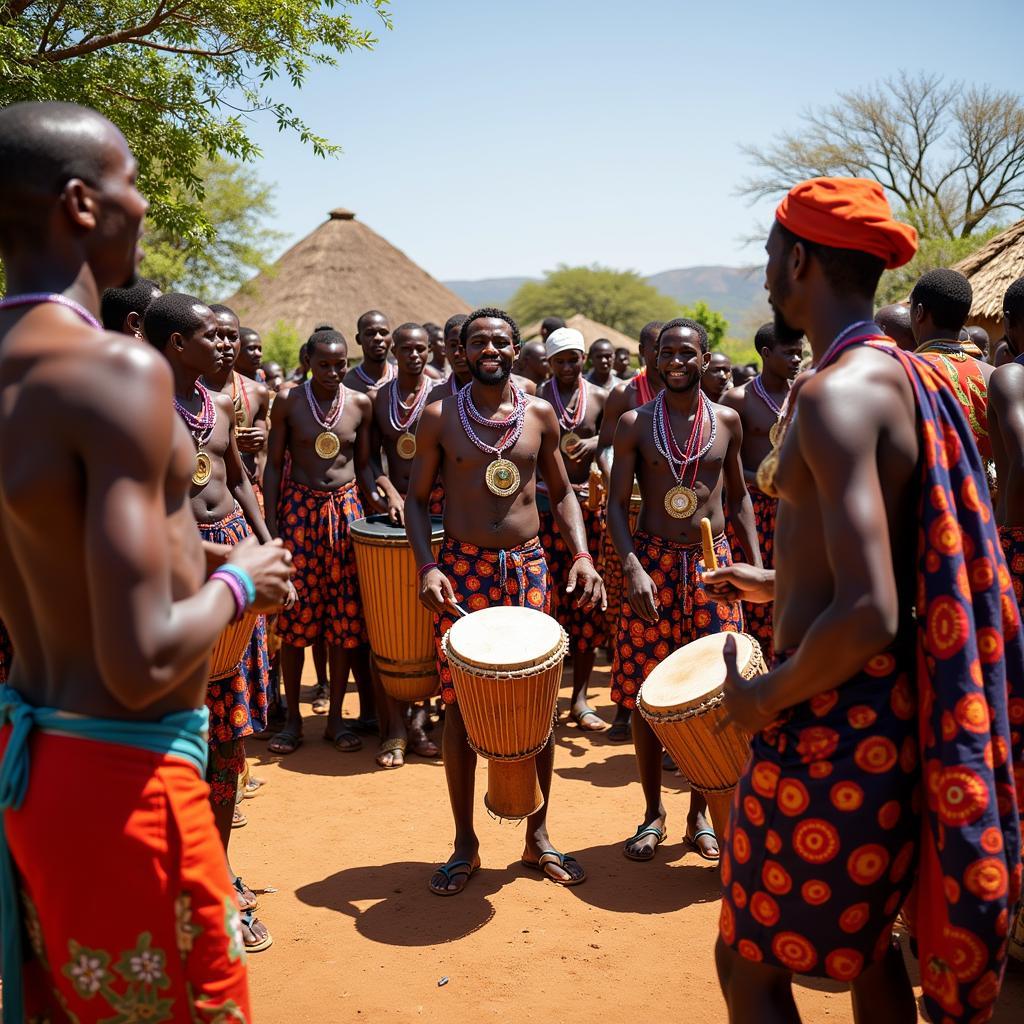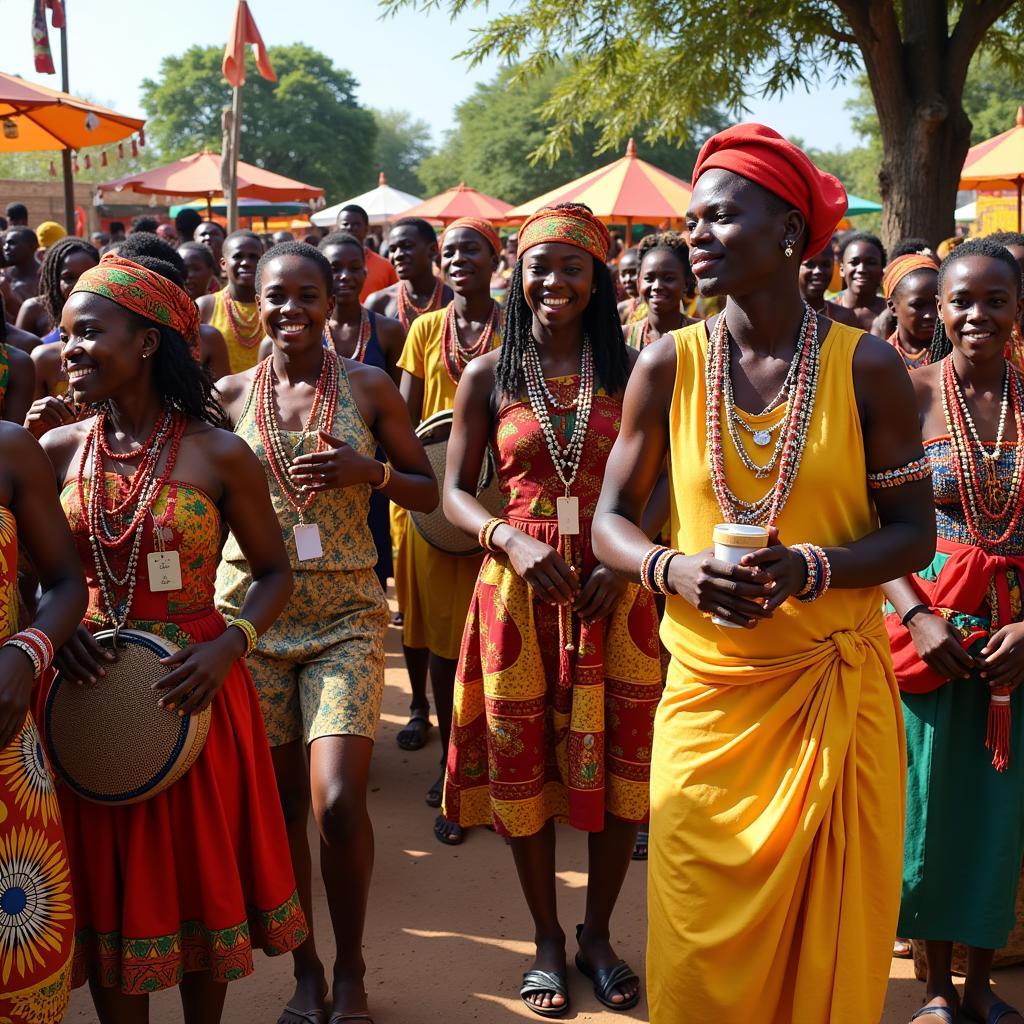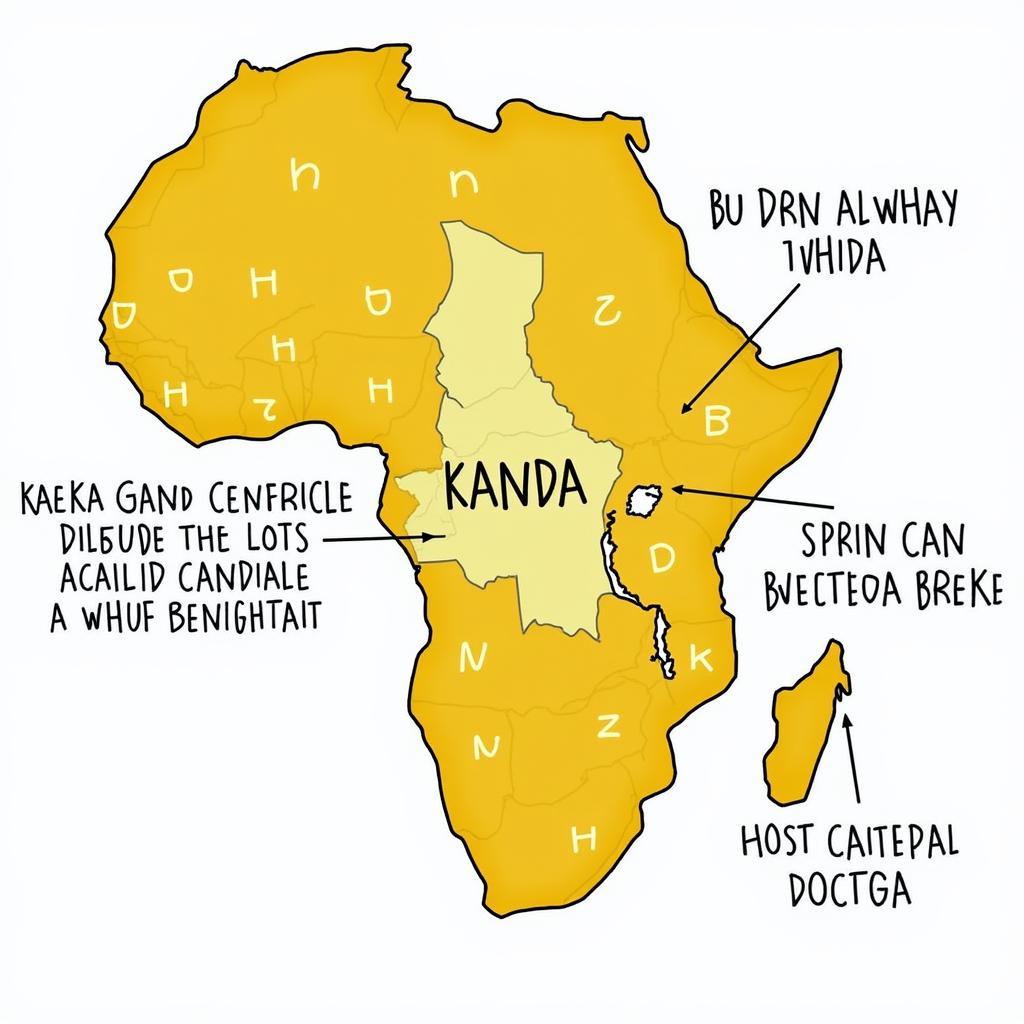African Blacks vs. American Blacks: Exploring the Differences
The terms “African Black” and “American Black” might seem like simple labels, but they encompass a world of cultural, historical, and social nuances. While both groups share a connection to the African continent, their experiences, identities, and perspectives are shaped by vastly different journeys. Understanding these differences is crucial for fostering meaningful dialogue and appreciating the rich tapestry of the African diaspora.
A Legacy of Forced Displacement vs. Generational Heritage
One of the most significant distinctions lies in their respective relationships with Africa. American Blacks, primarily descended from enslaved Africans, endured centuries of forced displacement, cultural disruption, and systemic oppression. This history has profoundly shaped their identity, leading to the development of unique cultural expressions like African American Vernacular English (AAVE) and distinct musical genres like jazz and blues.
 African Diaspora Map
African Diaspora Map
On the other hand, African Blacks, representing individuals born and raised on the African continent, carry the weight of colonialism’s legacy but also the unbroken thread of generational heritage. Their cultural identities are often deeply rooted in their specific ethnic groups, languages, and traditions, reflecting the immense diversity within Africa itself.
Navigating Cultural Landscapes
The cultural landscapes of Africa and America present further points of divergence. African Blacks navigate a social fabric often woven with strong communal ties, extended family structures, and a deep respect for elders. Traditional values and beliefs often hold significant influence, shaping social interactions and decision-making processes.
 African Village Ceremony
African Village Ceremony
Conversely, American Blacks have adapted to the individualistic ethos of American society, often prioritizing self-reliance and personal achievement. While family remains important, its structure might differ, and community ties can manifest through shared experiences of race and cultural identity.
Perceptions and Misconceptions
The differences between these groups sometimes lead to misconceptions. For instance, generalizing about “African culture” as homogenous can be misleading, given the continent’s vast diversity. Similarly, assuming that American Blacks are a monolith ignores the diverse cultural expressions and experiences within this community.
Bridging the Gap: Embracing Common Ground and Celebrating Differences
Understanding these distinctions is not about creating divisions but fostering greater understanding and appreciation. Recognizing the shared history of struggle against oppression and the common thread of African ancestry can serve as a powerful bridge.
 African American and African Students Together
African American and African Students Together
Ultimately, embracing both the common ground and the beautiful mosaic of differences enriches the tapestry of the African diaspora and paves the way for meaningful dialogue and collaboration.

